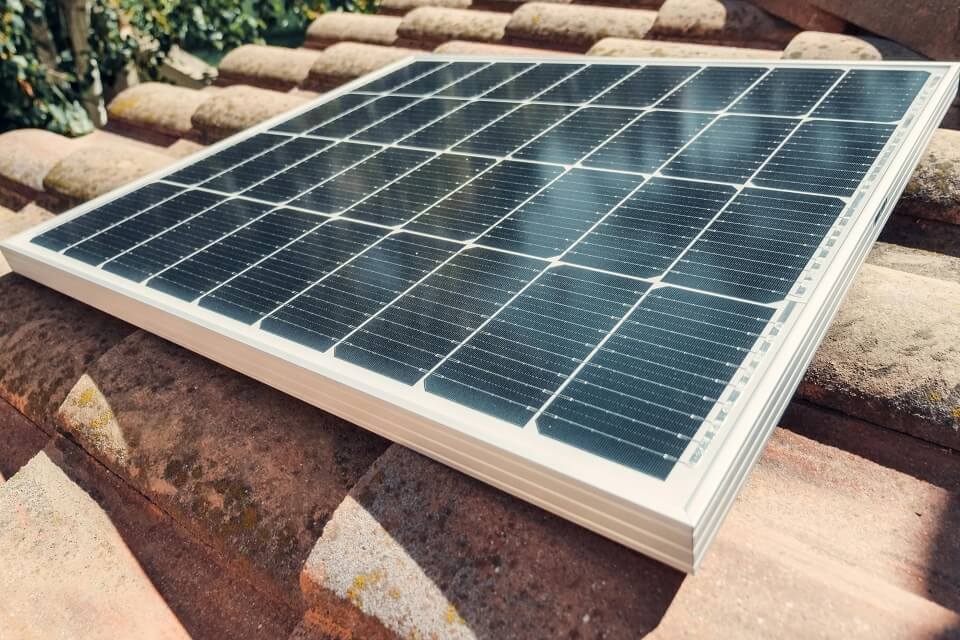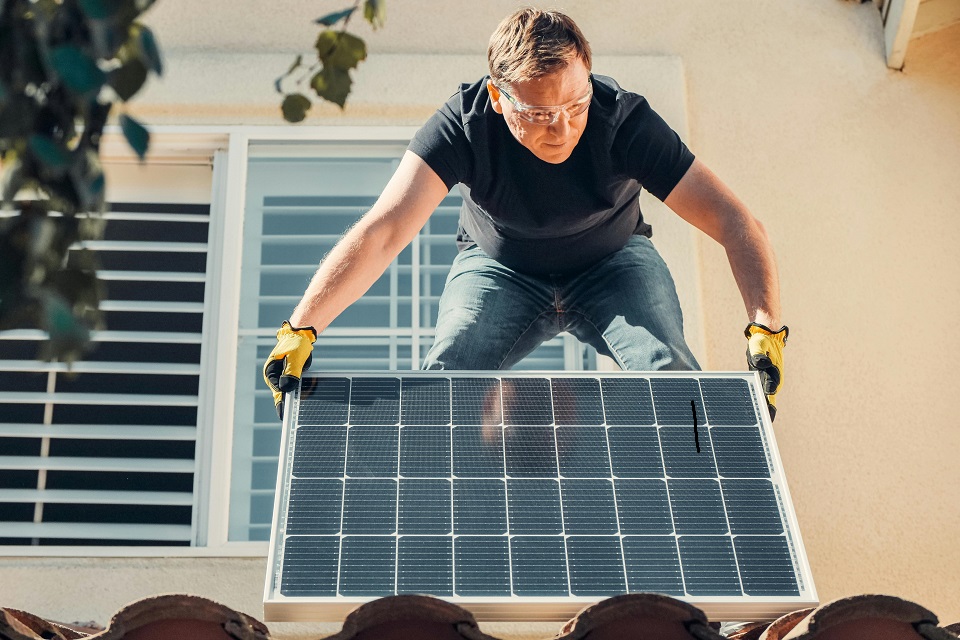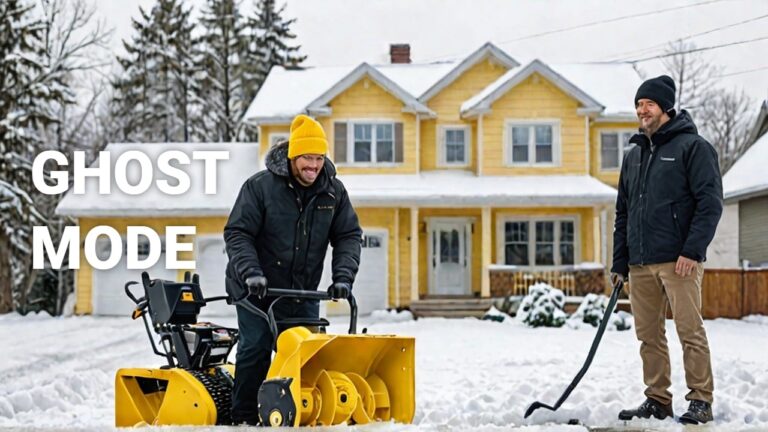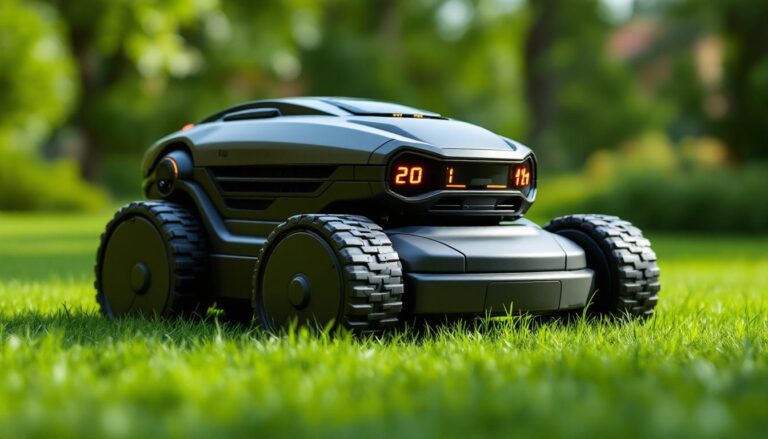Affordable Solar Roof and Air Solutions for Backyard Chicken Coop

Are you looking to provide a comfortable and sustainable living environment for your backyard chickens without breaking the bank?
Imagine having an eco-friendly and cost-effective solution that not only benefits your poultry but also your wallet and the environment. Affordable solar roof and air solutions may just be the answer you’ve been searching for.
By using the power of the sun, you can significantly reduce your energy costs while ensuring a well-ventilated and cozy space for your feathered friends.
These innovative technologies offer a dual advantage of cost savings and environmental conservation, making them a smart choice for backyard chicken enthusiasts who prioritize both efficiency and eco-consciousness.
With affordable solar roof and air options, you can enjoy the benefits of renewable energy while providing a sustainable and comfortable setting for your poultry.
Say goodbye to high electricity bills and hello to a greener way of powering your backyard coop with affordable solar power solutions.
Keep reading this article about eco-friendly and budget-friendly chicken coop roofing solutions with solar technology.
TABLE OF CONTENTS
Benefits of Affordable Solar Roof and Air for Chicken Coops
When considering the roofing for your backyard chicken coop, opting for an affordable solar roof can offer numerous advantages.
From cost-effectiveness to sustainability and eco-friendly benefits, here’s why integrating solar panels into your coop’s roof can be a savvy choice:
Cost-Effectiveness and Long-Term Savings
With the rising costs of energy, choosing an affordable solar roof for your chicken coop can lead to significant long-term savings. While the initial investment may seem a little higher, the reduction in utility bills over time can offset the upfront costs.
Harnessing the power of the sun to generate electricity for your coop can decrease dependency on traditional energy sources, ultimately saving you money in the long run.
Reducing your coop’s electricity expenses through solar power can free up resources that can be utilized for other aspects of chicken farming.
Whether investing in higher-quality feed, expanding your flock, or enhancing the coop’s infrastructure, the cost-effectiveness of solar roofing can positively impact your overall operation.
Sustainability and Eco-Friendly Practices
Embracing sustainable practices in chicken farming is not only beneficial for the environment but also for the health and well-being of your flock.
Affordable solar roofing and air provide a renewable energy source that produces clean power without harmful emissions. By harnessing solar energy, you can significantly reduce your carbon footprint and contribute to a greener future.
Adding solar panels to your coop’s roof aligns with eco-friendly principles, demonstrating your commitment to environmental stewardship.
By utilizing the sun’s energy to meet your coop’s electricity needs, you actively participate in reducing greenhouse gas emissions and promoting a more sustainable way of living.
Additionally, solar roofing can enhance the overall aesthetic appeal of your coop while showcasing your dedication to sustainable agriculture practices.
Choosing affordable solar roofing for your chicken coop not only offers cost-effective energy solutions but also underscores your commitment to sustainable and eco-friendly practices.
By using the advantage of the power of the sun light, you can create a more efficient and environmentally conscious environment for your feathered friends.
Implementing Solar Solutions in Chicken Coops
Solar energy is a sustainable and cost-effective solution for powering your chicken coop while reducing your carbon footprint.
Installing solar panels on the roof of your backyard chicken coop can provide a reliable source of energy to keep your chickens comfortable and healthy.
Here are some tips for implementing solar solutions in your chicken coop:
Solar Panels Installation Tips
- Location is Key: When installing solar panels, ensure they are placed in a location that receives maximum sunlight throughout the day. Optimal placement will ensure efficient energy production.
- Angle of the Panels: Position the solar panels at an angle that allows them to capture the most sunlight. Adjusting the tilt of the panels seasonally can help maximize energy absorption.
- Regular Maintenance: Keep the solar panels clean and free from debris to ensure they operate at peak efficiency. Regularly check for any damage or shading that may affect the performance.
Maximizing Energy Efficiency with Solar Power
- LED Lighting: Use energy-efficient LED lighting in your coop to reduce electricity consumption. LED bulbs paired with solar power can prolong the lighting duration without draining excess energy.
- Programmable Timers: Implement programmable timers for automatic control of lighting and heating systems in the coop. This can help optimize energy usage and minimize wastage.
- Insulation: Properly insulate your coop to retain heat during colder months and reduce the energy needed for heating. Insulation paired with solar power can create a more sustainable and comfortable environment for your chickens.
- Regular Monitoring: Monitor your solar energy system regularly to track energy production and usage patterns. This data can help you optimize your setup for maximum efficiency.
By adding solar solutions to your chicken coop, you can create a more environmentally friendly and cost-effective space for your feathered friends.
With proper installation and energy-saving practices, you can enjoy the benefits of solar power while providing a comfortable home for your chickens.

Enhancing Air Quality in Chicken Coops
Maintaining good air quality in your chicken coop is vital for the health and well-being of your feathered friends. Poor air quality can lead to respiratory issues and stress among chickens, impacting their overall productivity and happiness.
Importance of Good Air Quality for Chickens
Chickens require fresh, clean air to thrive. Proper ventilation helps remove excess moisture, ammonia, and other harmful gases that can build up in the coop.
Without adequate airflow, these pollutants can lead to respiratory infections and other health problems. Good air quality also helps regulate temperature, prevent mold growth, and reduce the risk of pests.
Utilizing Solar-Powered Ventilation Systems
Solar-powered ventilation systems offer an energy-efficient way to enhance air circulation in your chicken coop. By harnessing the power of the sun, these systems can help regulate temperature and humidity levels, keeping the coop comfortable for your chickens.
Additionally, solar-powered vents are cost-effective and environmentally friendly, making them a great option for eco-conscious chicken keepers.
Benefits of Natural Ventilation in Coops
Natural ventilation, such as windows, vents, and openings, plays a crucial role in maintaining optimal air quality in chicken coops. It allows for the exchange of fresh outdoor air with stale indoor air, reducing the buildup of moisture and contaminants.
Natural ventilation systems are often easy to install and require minimal maintenance, providing a simple yet effective solution for improving air circulation in your coop.
Ensuring that your chicken coop has proper ventilation is essential for creating a healthy and comfortable environment for your feathered companions.
By incorporating solar-powered ventilation systems and utilizing natural airflow, you can enhance air quality and promote the overall well-being of your backyard flock.
Combining Solar Roofing with Air Quality Solutions
When it comes to enhancing the functionality of your backyard chicken coop, combining solar roofing with air quality solutions can offer a sustainable and cost-effective approach.
By integrating solar ventilation systems and hybrid solutions, you can create an environment that promotes energy efficiency while ensuring optimal ventilation for your feathered friends.
Integrated Solar Ventilation Systems
Integrated solar ventilation systems utilize the power of the sun to regulate airflow within the chicken coop. These systems typically consist of solar panels installed on the roof that power ventilation fans or vents.
By harnessing solar energy, these systems can operate without relying on conventional electricity sources, reducing energy costs and minimizing environmental impact.
These systems not only help in maintaining a comfortable temperature inside the coop but also assist in controlling humidity levels.
Proper ventilation is crucial for preventing the buildup of moisture, which can lead to mold growth and respiratory issues among the chickens. By installing integrated solar ventilation systems, you can ensure a well-ventilated and healthy environment for your flock.
Hybrid Solutions for Efficient Energy Usage
Hybrid solutions offer a comprehensive approach to energy management in your backyard chicken coop.
By combining solar roofing with other energy-efficient technologies, such as LED lighting and smart thermostats, you can maximize energy savings and minimize your environmental footprint.
One example of a hybrid solution is integrating solar panels with battery storage systems.
These batteries can store excess solar energy generated during the day, allowing you to power ventilation systems and other electrical appliances during the night or on cloudy days.
By optimizing energy usage through hybrid solutions, you can reduce reliance on the grid and promote sustainability in your chicken-raising endeavors.
Incorporating affordable solar roof and air quality solutions into your backyard chicken coop not only benefits your poultry but also contributes to a more sustainable and eco-friendly lifestyle.
By harnessing the power of the sun and optimizing energy usage, you can create a harmonious environment that prioritizes both the well-being of your chickens and the planet.
Maintenance and Upkeep of Solar Roofing and Air Systems
After setting up your affordable solar roof and air system for your backyard chicken coop, it’s crucial to understand how to maintain and troubleshoot it to ensure optimal performance.
Regular maintenance can extend the lifespan of your equipment and prevent costly issues down the road. Let’s dive into some essential practices to keep your solar roofing and air system in top condition.
Regular Cleaning and Inspection Practices
Regular cleaning and inspection are fundamental tasks to maintain the efficiency of your solar panels and air systems. Dust, dirt, and debris can accumulate on the solar panels, hindering their ability to absorb sunlight effectively.
A simple cleaning routine can prevent this buildup and ensure maximum energy production.
- Cleaning Schedule: Set a regular schedule, such as monthly or quarterly, to clean your solar panels. Use a soft brush, mild detergent, and water to gently scrub the surface and remove any dirt particles.
- Visual Inspection: Regularly inspect the condition of your solar panels for any signs of damage, such as cracks or loose connections. Check for blockages in the air system’s vents or filters that could affect airflow.
Troubleshooting Common Issues
Even with proper maintenance, issues may arise with your solar roof and air system. Knowing how to troubleshoot common problems can help you address issues promptly and prevent further damage.
- Low Energy Production: If you notice a decrease in energy output from your solar panels, check for shading caused by nearby trees or debris. Clean the panels and trim any overhanging branches to optimize sunlight exposure.
- Airflow Obstructions: Inadequate airflow in the air system can lead to reduced ventilation in the chicken coop. Check for blockages in the vents or air filters and clean or replace them as needed.
- Faulty Connections: Periodically inspect the wiring connections of your solar panels and air system for any loose or damaged wires. Ensure all connections are secure and functioning correctly to avoid power interruptions.
Maintaining and troubleshooting your affordable solar roof and air system is a proactive approach to ensuring a comfortable and sustainable environment for your backyard chickens.
By incorporating these practices into your routine, you can maximize energy efficiency and the lifespan of your equipment.
Conclusion
In conclusion, incorporating affordable solar roof and air solutions in your backyard chicken coop roofing brings a multitude of benefits.
By harnessing the power of the sun, you not only reduce energy costs but also promote sustainability in your poultry farming practices.
Embracing eco-friendly technologies not only benefits your wallet but also the environment, creating a healthier space for your beloved chickens to thrive.
Consider taking the leap towards a more sustainable future for your backyard chicken coop today!
Frequently Asked Questions
» Is It Cheaper To Buy Your Solar Panels?
When considering whether it’s cheaper to buy your solar panels, several factors come into play. Purchasing solar panels outright can often result in lower overall costs compared to leasing or entering a power purchase agreement.
While the initial investment may be higher, owning your solar panels means you can take advantage of available incentives, tax credits, and rebates.
Additionally, owning the system allows you to benefit from reduced electricity bills over the long term, providing potential savings on your energy expenses.
It also gives you the freedom to make decisions about maintenance, upgrades, and any future expansions of your solar array. However, buying solar panels requires a significant upfront payment and may involve maintenance costs down the line.
Ultimately, the decision whether to buy or lease solar panels depends on your financial situation, long-term goals, and preferences for ownership and control.
» What Is The Cheapest Type Of Solar Panel?
The cheapest type of solar panel is typically the polycrystalline variety. These panels are known for their affordability due to the manufacturing process using simpler techniques, making them less expensive to produce.
While they may not be as efficient as monocrystalline panels, polycrystalline solar panels offer a cost-effective option for those looking to install solar energy systems without breaking the bank.
» How Much Money Do You Really Save With Solar Panels?
So, you’re probably wondering just how much cash you can stash with solar panels, right? Well, let’s break it down real quick. On average, homeowners save about $600 bucks a year by harnessing the power of the sun.
That might not sound like a ton at first, but over 20 years, that adds up to a sweet $12,000 in your pocket. Plus, you might even qualify for some juicy tax credits to sweeten the deal.
» How Long Do Solar Panels Last?
Solar panels typically last for about 25 to 30 years before their efficiency starts to decline. Factors like proper maintenance, quality of materials, and installation can impact their longevity.
Regular cleaning and inspections can help extend their lifespan. It’s important to monitor their performance and consider replacing them if they’re not generating as much electricity as before.
Be sure to check the warranty details to understand what’s covered in case of any issues.






